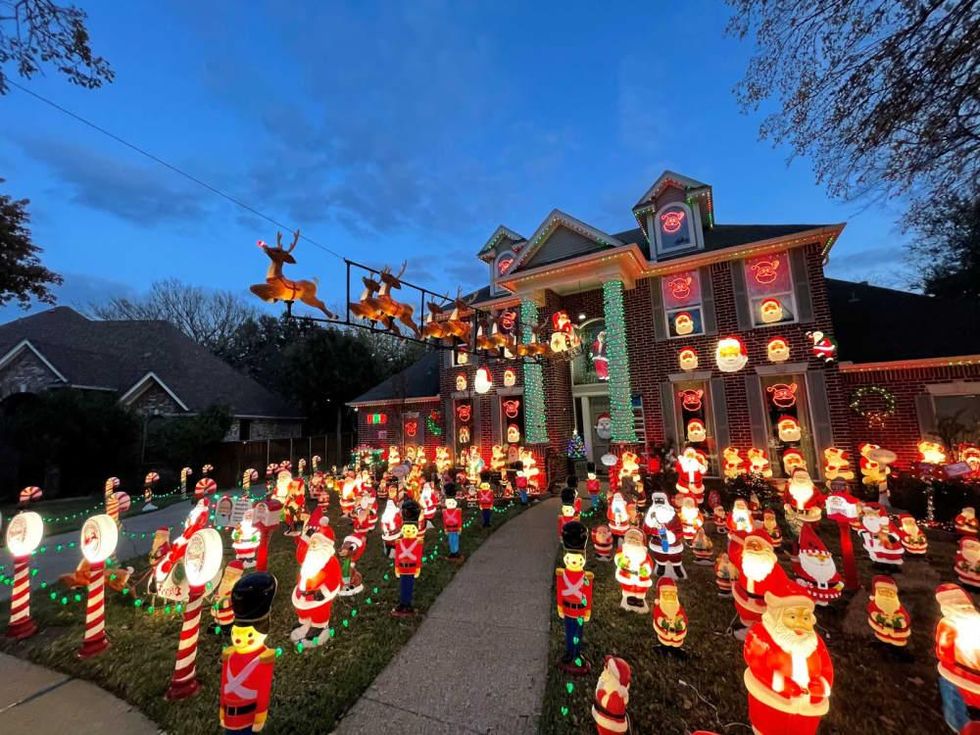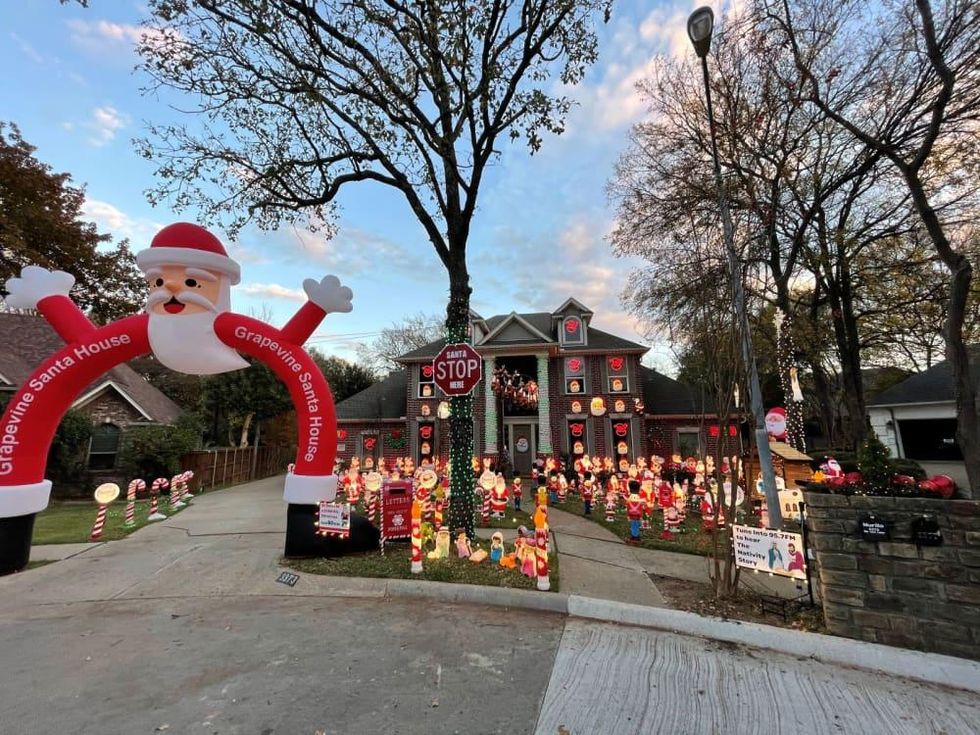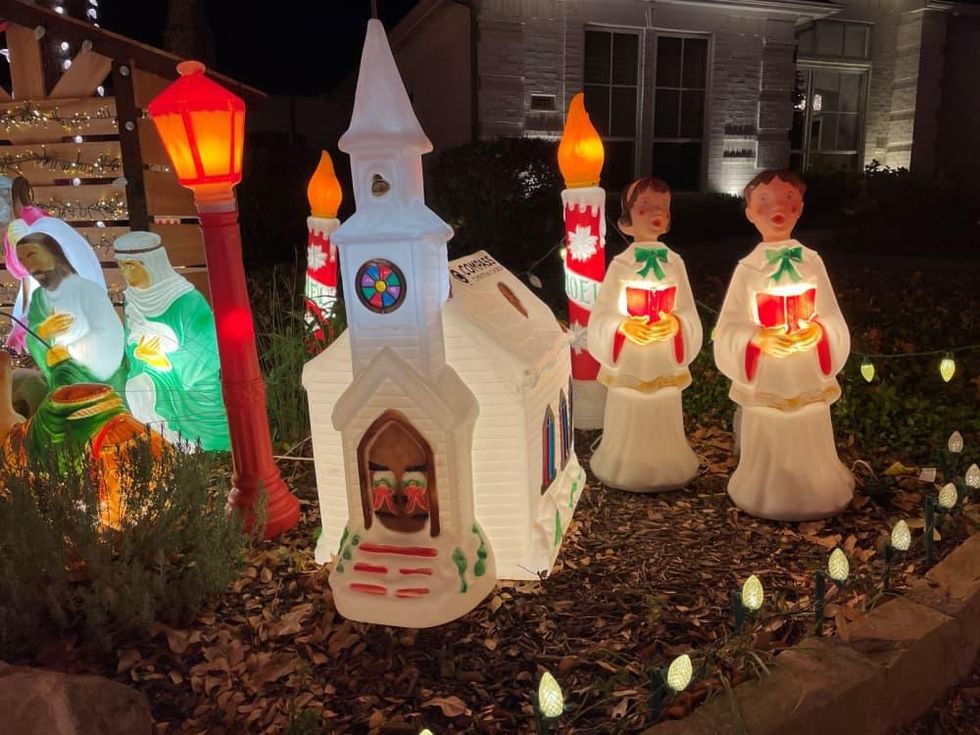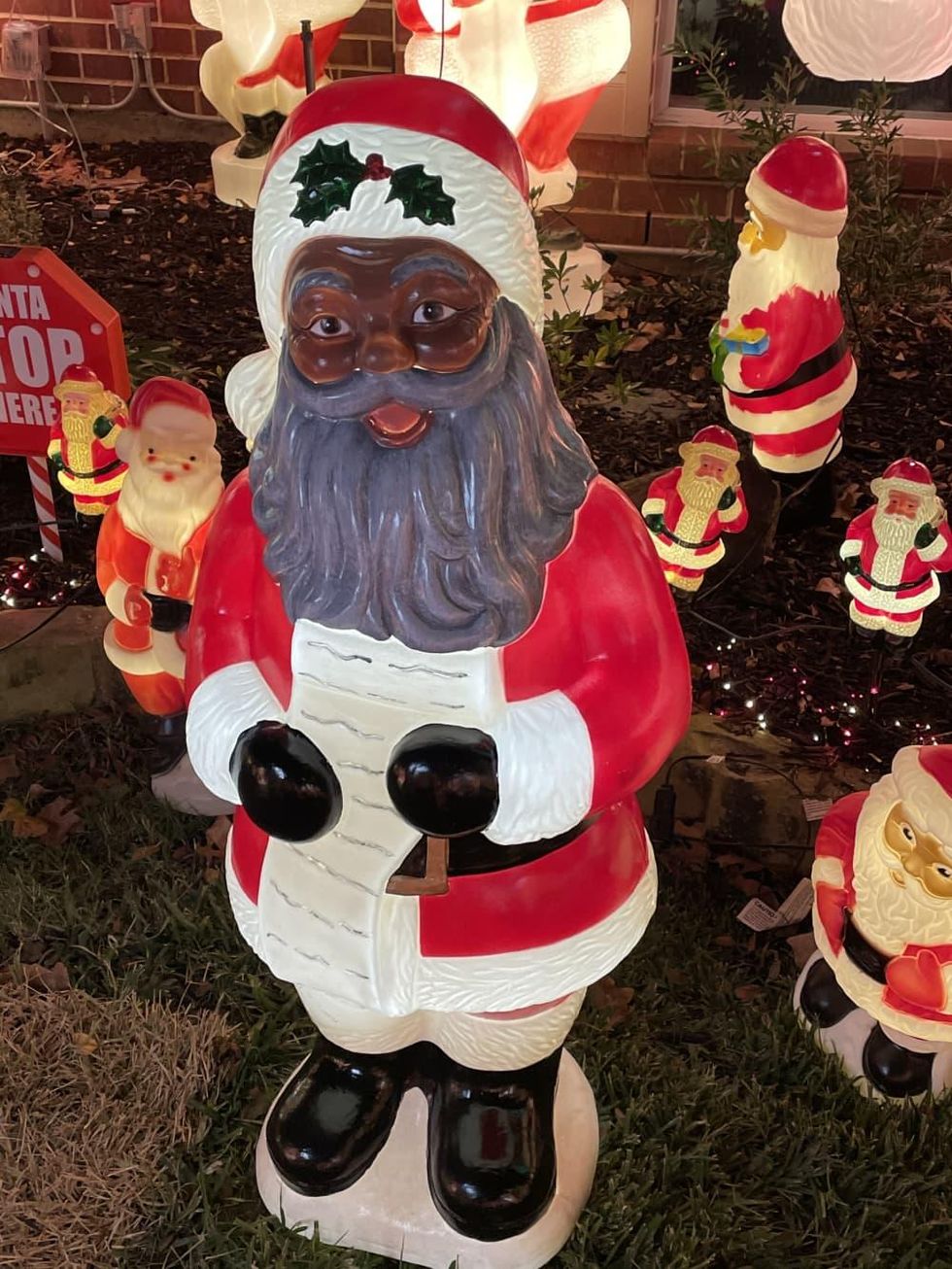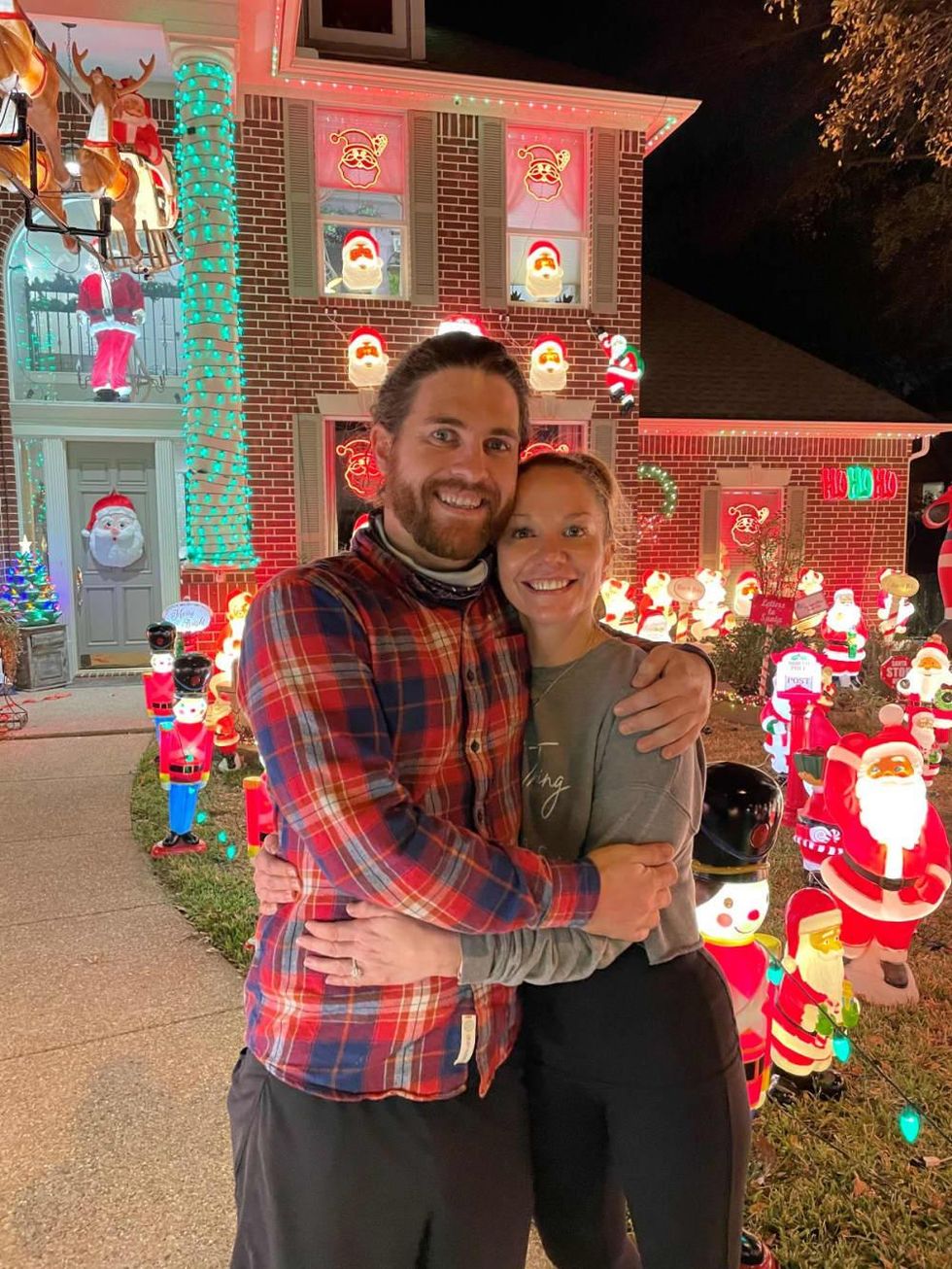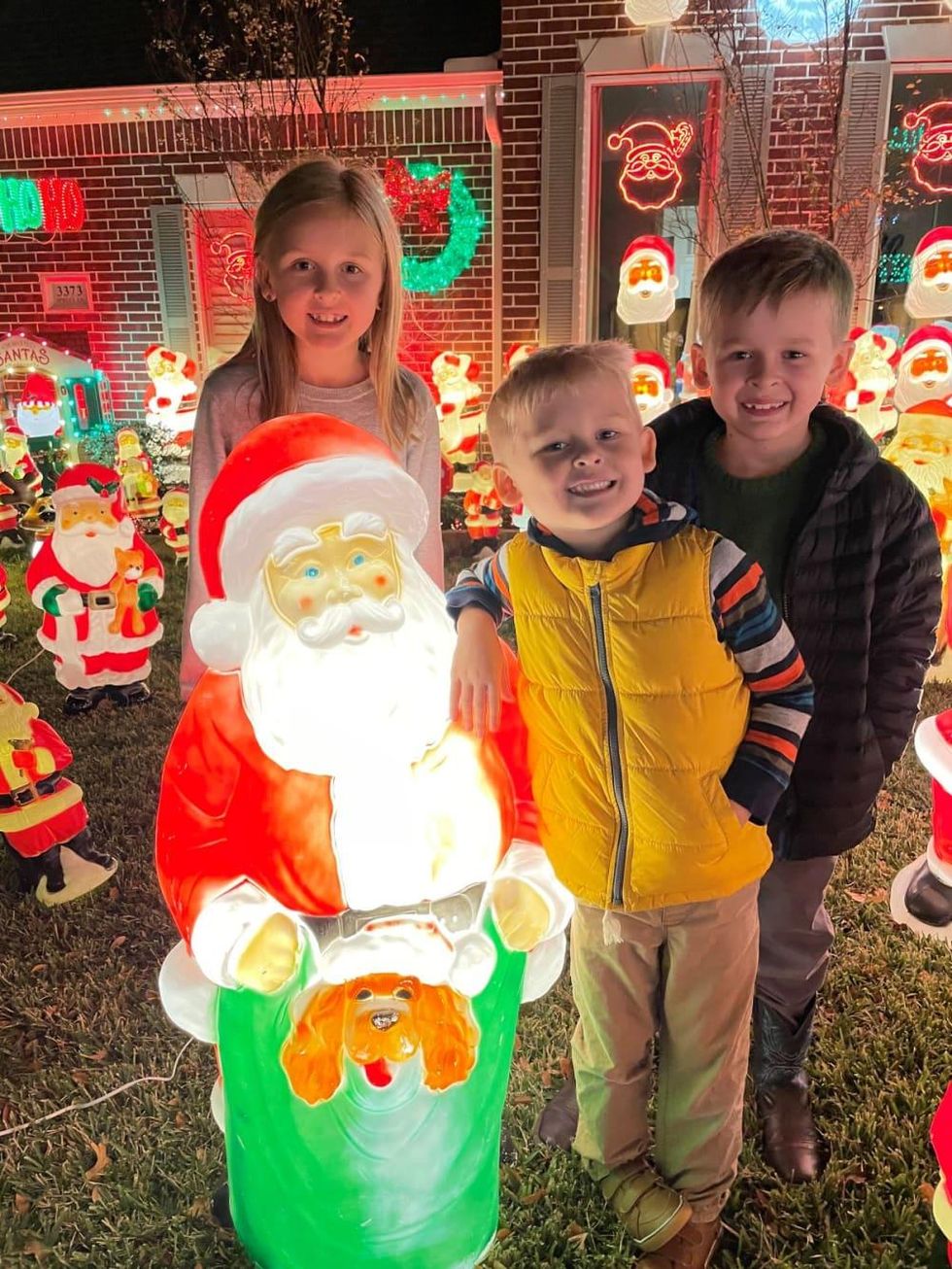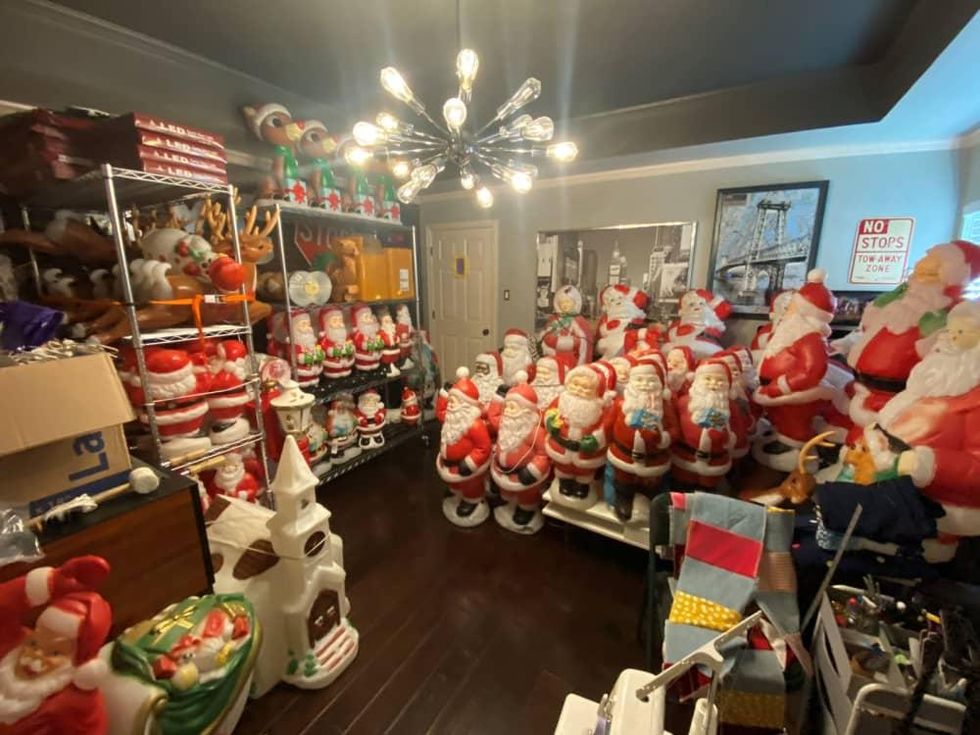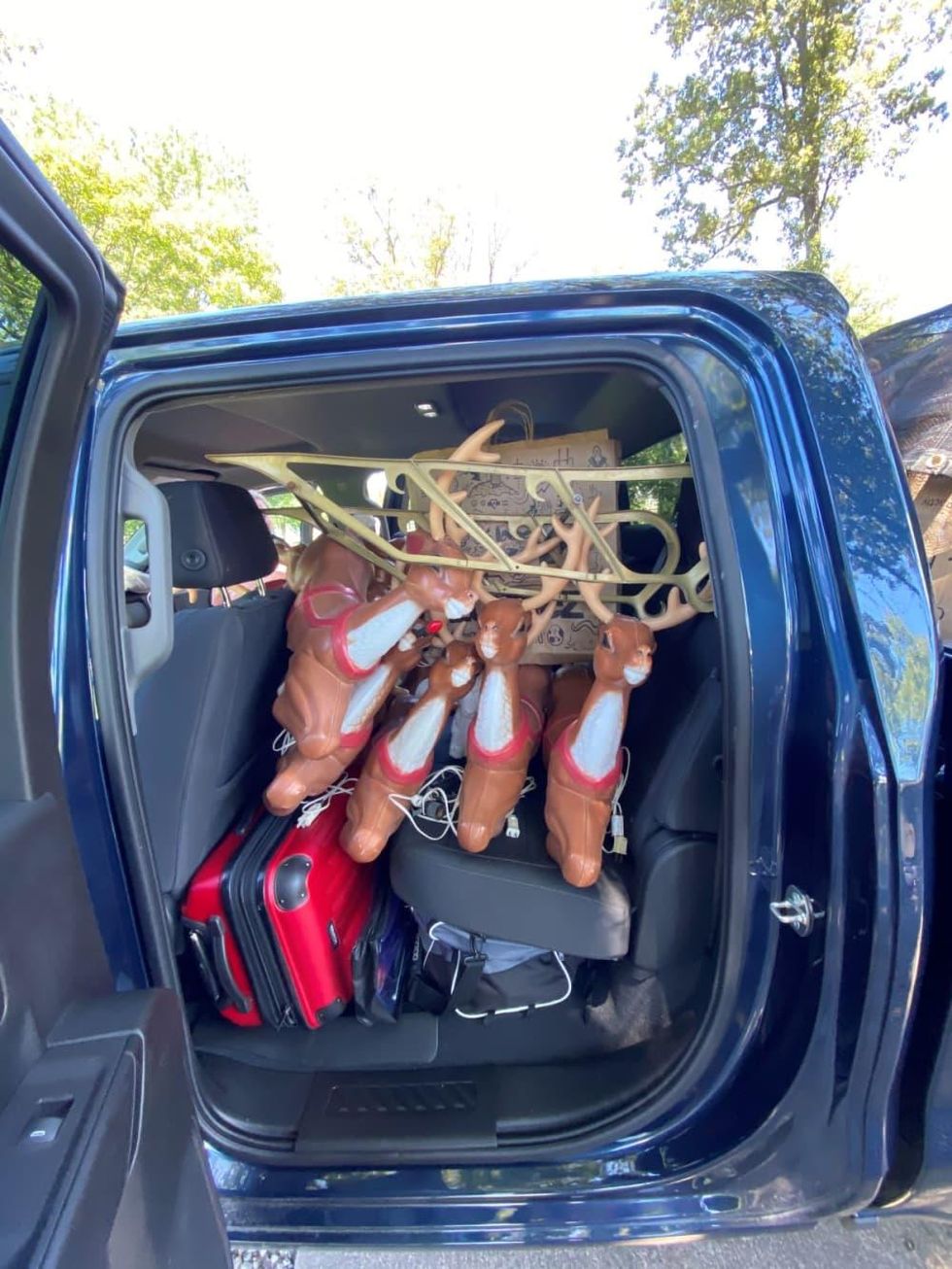Trash to treasure
New Fort Worth program turns your leftover food scraps into earth-friendly compost
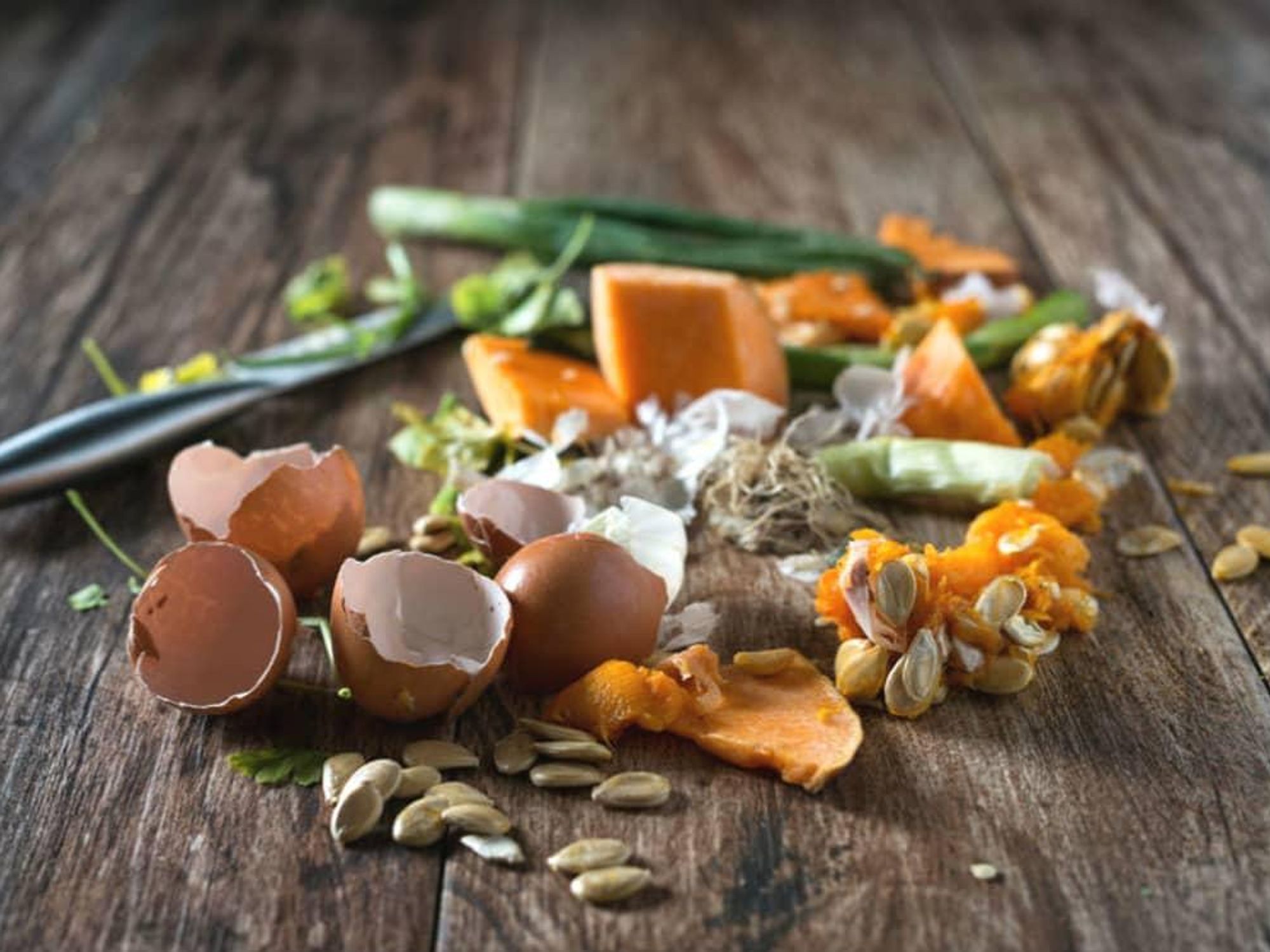
A new program from the City of Fort Worth will let residents cut down on food waste, slow down a rapidly filling landfill, and do good for the environment. The new Residential Food Scrap Composting Pilot Program helps households to turn their food scraps into valuable composting material.
Bye bye, banana peels, onion skins, seafood shells, tea bags, and coffee grounds. Hello to rich organic matter that helps plants grow.
The composting program is part of the Comprehensive Solid Waste Management Plan, an initiative Fort Worth began in 2017. It was adopted from a similar program in Minneapolis, a city official says.
“Around 30 percent of the residential waste is organic in nature,” says Joao Pimentel, senior planner for the City of Fort Worth. “It could be composted, diverting a large volume of refuse away from the landfills. There’s better use for that material, and the impact on the environment is smaller.”
To participate, residents enroll their household online, pay a $20 subscription fee, and pick up a starter kit at an assigned Fort Worth drop-off station. The kit includes a kitchen countertop pail, a five-gallon sealable bucket, assorted educational materials, and a refrigerator magnet explaining what materials can and cannot be composted.
Then just begin setting aside compostable items so they aren’t included with regular trash pickups. According to the city's website, acceptable items are:
- Cooked meats
- Food scraps and leftovers
- Eggs and dairy
- Seafood and shellfish
- Baked goods
- Coffee filters and grounds
- Tea bags
- Fruits and vegetables with stickers removed
Unacceptable items are:
- Pet waste or kitty litter
- Grease or oil
- Frozen food packaging
- Raw meats
- Chewing gum
- Microwave popcorn bags
- Styrofoam
- Recyclable items
- Products labeled “biodegradable”
- Plastic bags, liners, or plastic coatings
- Diapers and sanitary products
Once the five-gallon bucket is full, take it to the nearest food scrap collection site and empty it into a green composting cart. There are 10 local collection sites throughout the city, five of which are collecting food scraps only, through the pilot program. They are:
- Fort Worth Botanic Garden, 3220 Botanic Garden Blvd., 76107
- Foster Park, 4398 Trail Lake Dr., 76109
- Fairmount Park, 1501 5th Ave., 76104
- Hartwood Park Tennis Courts, 4300-4302 Hartwood Dr., 76109
- River Park, 3100 Bryant Irvin Rd., 76109
City of Fort Worth drop-off stations also accepting food scraps are:
- Brennan Drop-off Station, 2400 Brennan Ave., 76106
- Southeast Drop-off Station, 5150 Martin Luther King Frwy., 76119
- Old Hemphill Drop-off Station, 6260 Old Hemphill Rd., 76134
- Hillshire Drop-off Station, 301 Hillshire Dr., Haslet, 76052
- Environmental Collection Center, ECC, 6400 Bridge St., 76112
In a few months, those food scraps will undergo a decomposing process and will be composted. The final product can then be used in landscaping, gardens, and roadside embankment construction, the city says.
Why turn the scraps in instead of using a backyard composter? "Large-scale, industrial compost facilities maintain higher temperatures than backyard compost bins," the city explains on the website. "These temperatures kill bacteria and break down items that cannot be composted at home, such as cooked meat, dairy, and eggs."
The city still urges residents to compost at home, too. The pilot program is meant to divert more materials that are not waste away from the landfill, which also helps maintain and reduce costs for taxpayers, the say.
Opening a new landfill is a difficult prospect, Pimentel says, so easing the burden and helping the environment make much more sense.
“It takes about 10 to 15 years to get permits, designs, and approval for a new landfill,” Pimentel says. “It is very political, very onerous. No one wants a landfill in their backyard. It requires hundreds of acres, which means what we need to do is divert material away from the landfills.”
Landfills also produce methane gas, which displaces oxygen in the air.
“We don’t want that in the atmosphere,” Pimentel says. “However, the nature of the compost itself is very good because of soluble nutrients. The material can be reused, recycled, mulched, or composted, and the impact on the environment is smaller. It’s a win in many aspects.”
The $20 subscription fee goes to the Keep Fort Worth Beautiful program, which is the local affiliate to the Keep America Beautiful anti-pollution plan.
To learn more about the composting program, which is only available for Fort Worth residents, go visit the program's website.

